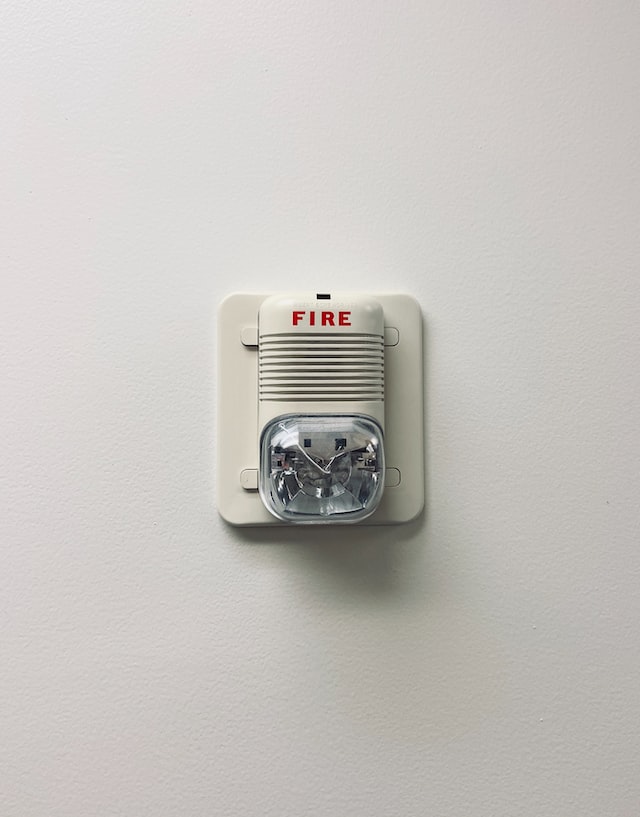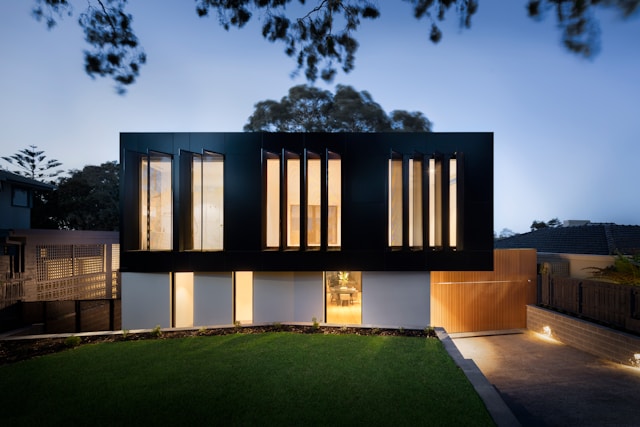
There are many benefits of having a fire sprinkler system in your home. They reduce your risk of dying in a fire and reduce water use, greenhouse gas emissions, and property loss. You should also consider the cost of installing a fire sprinkler system in your home. Contact a fire sprinkler contractor in your area.
Reduces risk of dying in a home fire
Smoke alarms can reduce your risk of dying in a home fire by 50%. A smoke alarm can save your life if the fire is small and does not spread quickly. The average family has about two minutes to get out of the home when the alarm goes off. But in reality, home fires can spread rapidly, so you must practice your escape plan daily. You should also set a time limit for escaping from your home if you want to stay alive.
Fire deaths differ by region in the U.S. Those in Alaska, for example, had a 2.5-times higher risk of dying in a fire than the U.S. population. Conversely, new Jersey residents had a 50% lower risk than the general population. Other factors include heating and cooking equipment and intentional fires not caused by arson. While no single factor is responsible for most fire deaths, taking the appropriate steps to reduce your risk is essential.
Reduces water usage
Fire sprinklers are effective at reducing water usage and carbon emissions. These systems cut water usage by up to 90% and prevent water pollution. Fire sprinklers can also reduce water pollution, a growing concern for our planet. It has been estimated that water use caused by fires could reach as high as 310 gallons per minute. This is a significant amount of water, and the reduction of water consumption and emissions through fire sprinklers is substantial.
Fire sprinkler companies NYC need to balance water conservation with sound fire protection practices. Recent events have highlighted the need for increased attention to fire protection and water usage. Australia is a leader in balancing fire suppression requirements with water conservation. Fire sprinkler systems can be improved with targeted improvements, such as increased system maintenance and testing, equipment modifications, and catch and reuse procedures. The benefits of water conservation can’t be overstated. Besides reducing the number of fires, installing a fire sprinkler system can also help companies save water and money.
Reduces greenhouse gas emissions
Installing a fire sprinkler system reduces greenhouse gas emissions by approximately 50%. A fire sprinkler system prevents a building from being damaged by flames, smoke, and heat. Because fires are stoked by combustion, this process releases tremendous water and greenhouse gases. By contrast, a sprinkler system uses less water, reducing emissions by approximately 90%. In addition, fire sprinklers reduce the need for water and waste disposal.
The most common type of fire sprinkler system is installed in buildings. The fire sprinkler system is designed to suppress fires in a fast and efficient manner. Fires produce particulate matter that is harmful to people and can irritate asthmatic people. Additionally, the runoff from fires can contaminate lakes and aquifers. A fire sprinkler system can reduce greenhouse gas emissions by up to 97% in a year.
Reduces property loss
Installing a fire sprinkler system in a home can significantly reduce damage to property. Fire sprinklers activate almost immediately after the first signs of a fire and, by doing so, minimize the damage caused by fire. Usually, a fire department arrives on the scene within five to ten minutes. In Scottsdale, where the average house fire damage costs $45,000, the sprinkler system helped eliminate the fire before it spread.
NFPA statistics show that by installing a fire sprinkler system in a home, the number of home fire deaths drops by 50%. Although there are still 2,500 deaths annually, it does not mean we shouldn’t make our homes safer and implement smoke alarms and airbags. Fire safety is now the number one priority for most homeowners, which should be a top priority when constructing a house.





More Stories
The Advantages of Home Healthcare Services
The Essentials of Roofing Contractors
How Gutter Installation Companies Do Their Work